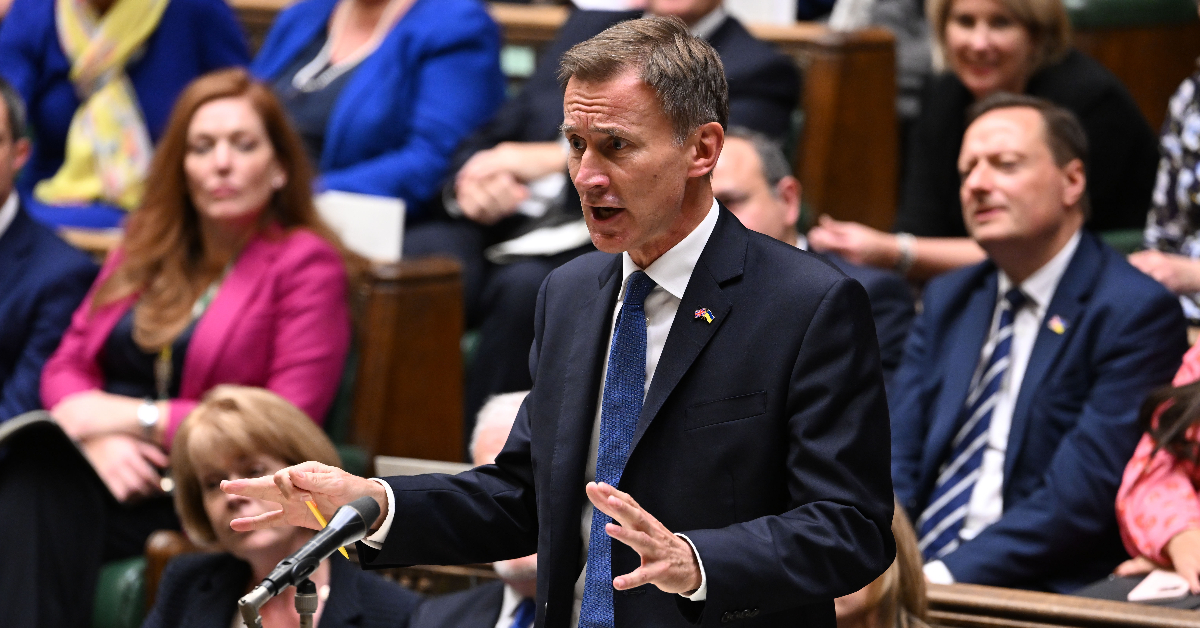“We are going to see everyone paying more tax, we’re going to see spending cuts.”
That was the message from Jeremy Hunt as he embarked on a round of media appearances on Sunday ahead of his autumn statement this week.
As chancellor, he has vowed that the most vulnerable members of society will be protected.
However, he has also acknowledged that there are “difficult decisions” that must be made amid the economic storm engulfing the UK.
The hole in public finances is currently estimated as sitting around £50bn, while the UK economy shrunk by 0.2% between July and September this year.
Experts predict it could see the country facing the longest recession since records began.
As the cost of living only looks to get tougher, the statement by Hunt in the Commons on Thursday will be of critical importance.
It is also a second bite at the cherry for the Government on its economic plans after the mini budget in September.
The disastrous fiscal plans set out by Hunt’s predecessor Kwasi Kwarteng saw the value of the pound plummet, interest rates soar and ultimately, the end of Liz Truss’ time as prime minister.
So, what can we actually expect in the statement from Hunt?
Well, for a start – as the chancellor has said himself – taxes will rise, while public spending will fall.
The tax rises are expected to amount to about £25bn, with spending cuts of around £35bn.
Details of the government’s financial plans are always kept under wraps before they are announced in the House of Commons.
Therefore, we can’t be certain of what exactly Hunt will set out until he gets to his feet and delivers his speech to MPs.
However, measures believed to be on the table include extending the freeze in thresholds and personal allowances on income tax, national insurance, VAT, inheritance tax and pensions.
In Scotland, the Scottish Parliament does have some powers over taxation, including setting all rates and bands of income tax, except for personal allowance.
Cuts to public services in England that are devolved in Scotland would see a commensurate cut through the application of the Barnett formula to the Scottish block grant.
Supporting households struggling with rising energy bills will also be key for the chancellor.
It is anticipated that Hunt will make changes to the Government’s energy bills support package that was rolled out during Truss’ premiership.
The move could see the measures becoming more targeted to support those on the lowest incomes in an effort to cut the amount of money the Treasury is currently spending.
A windfall tax on oil and gas giants – which Truss and her government had been against – could also be extended.
Rishi Sunak set out the tax on profits made by energy companies when he was chancellor.
Treasury officials are believed to have been exploring increasing the tax rate from 25% to 35%, as well as extending it by two years until 2028.
People across the UK will be eagerly listening to Hunt’s speech in Parliament on Thursday to hear what the future holds for their own finances, as well as for the economy.
Follow STV News on WhatsApp
Scan the QR code on your mobile device for all the latest news from around the country


 UK Parliament
UK Parliament

























